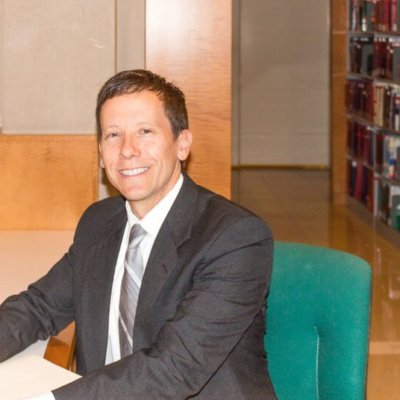From the beginning of the civil rights movement to recent events in Ferguson and elsewhere, advocates have fought discrimination, social exclusion, and violence affecting people of color. In our three-part Racial Justice Series, we’ll explore these problems and ways to solve them. Each part of the series featured both a presentation and an active discussion. Part 1 – Looking at Ferguson and Beyond: Race, Racism and Justice Wednesday, February 11 6:30 – 8:30 pm Hogan Lovells (555 13th Street NW) This discussion of racism and the legal system featured panelists with significant experience and expertise in the areas of civil rights, racial justice, and structural inequality. The Honorable Anna Blackburne-Rigsby, D.C. Court of Appeals Professor Anthony Cook, Georgetown Law Nicole Austin-Hillery, Brennan Center for Justice The event was moderated by Camille D. Holmes, Director of Leadership and Racial Equity at the National Legal Aid and Defender Association. If you missed the event, check out this Storify, featuring tweets, photos, and links from the event. We've also collected links to articles about the DOJ Ferguson report, which came out shortly after this event. Part 2 – Below the Surface: Exploring Implicit Bias in Ourselves and The Legal System Thursday, March 12 6:30 – 8:30 pm Hogan Lovells (555 13th Street NW) In this workshop we discussed implicit bias – how it impacts our practice and the administration of justice – and what we can do to correct them. The event was facilitated by Camille D. Holmes, Director of Leadership and Racial Equity at the National Legal Aid and Defender Association, and Sara Jackson, Pro Bono Coordinator at Georgetown Law. If you missed the event, check out this Storify, featuring tweets, photos, and links from the event. We've also collected a variety of additional resources on implicit bias. Part 3 – Cracking the Codes: The System of Racial Inequity (Film & Discussion) Tuesday, April 21 6:30 – 8:30 pm Hogan Lovells (555 13th Street NW) This event began with a screening of Cracking the Codes: The System of Racial Inequity, a film directed by Shakti Butler. We then used parts of the movie to facilitate discussions about racism, identity, and inequity. The discussion was facilitated by Camille Holmes, Director of Leadership and Racial Equity at the National Legal Aid & Defender Association.







